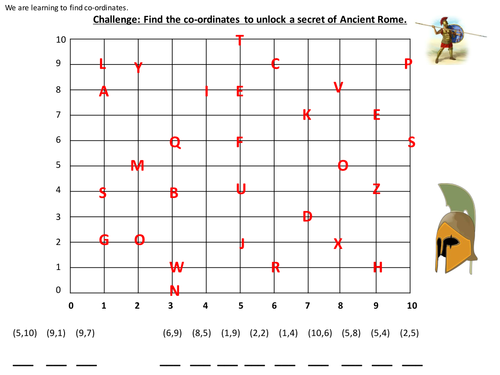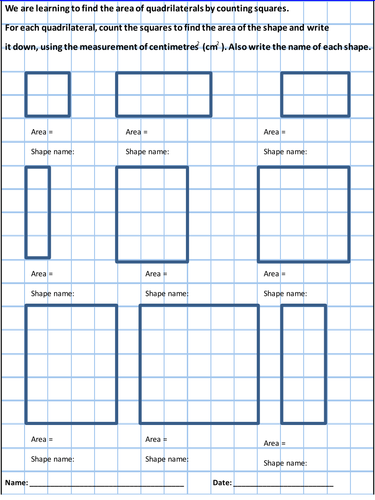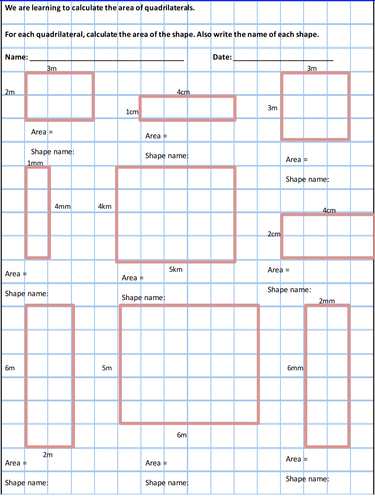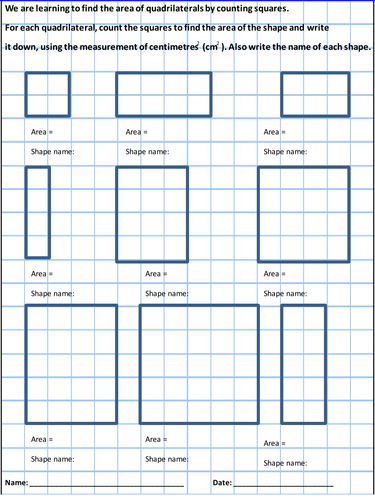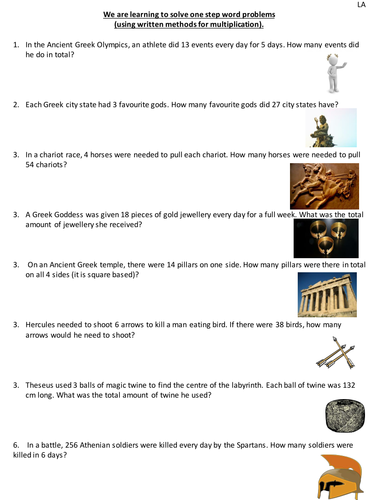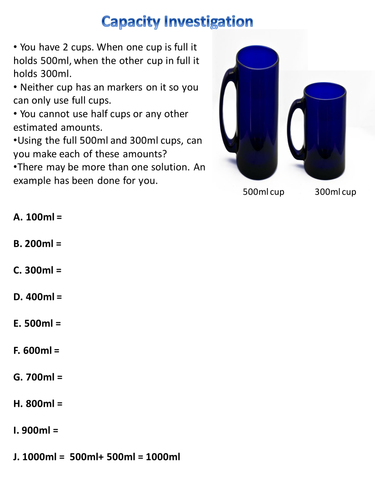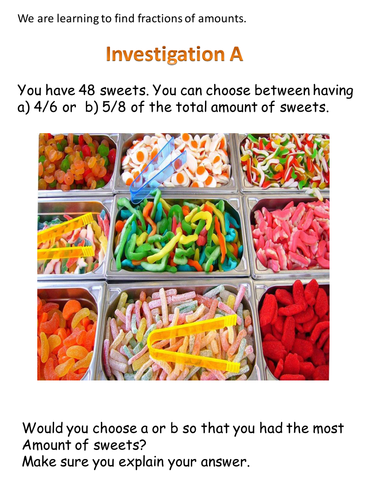Squelch1's Shop
I provide a wide range of resources for use in the classroom and around school. My resources build on children's learning and consider the smaller steps children need to take to achieve the learning. My resources have a focus on 'mastery' style questions where possible, to develop children's critical thinking and reasoning skills. As a practicing primary teacher myself, I know how essential it is to have well organised lesson resources with engaging activities that focus on the learning.


